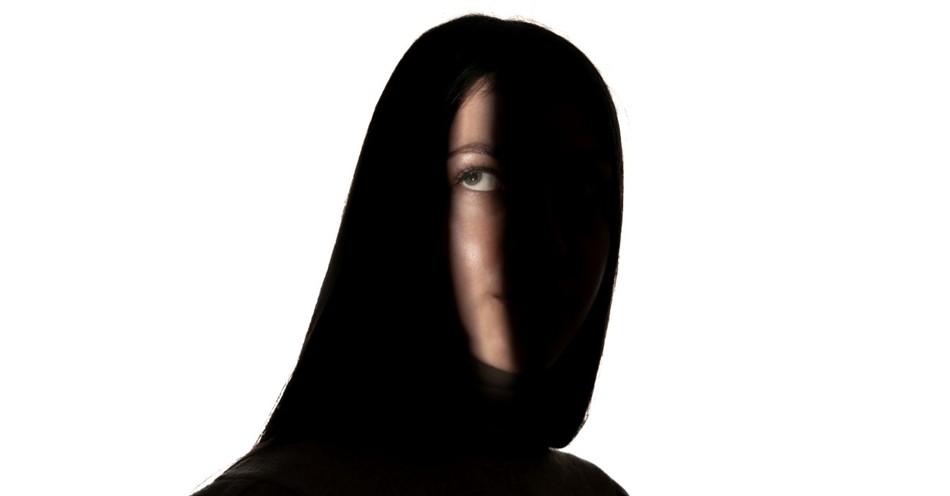When we think of evil couples in the Bible, we often think of King Ahab and Queen Jezebel, who ruled the kingdom of Israel and drove it into the ground. But I bet most of us don’t think about Haman and his wife, Zeresh.
Although much of the information we know about Haman’s wife comes from extrabiblical texts such as the Midrash, we see a vignette about her in Scripture. Apparently, she was crafty, not a big fan of the Jewish people, and she ultimately didn’t do Haman any favors when it came to the downfall of their family.
Let’s examine what the Bible and Midrash say about Zeresh and how we can learn not to be like her.
What Does the Bible Say about Zeresh?
We meet Zeresh by name in Esther 5. For those who need context about the book of Esther, she existed during the Persian Empire. The king of Persia hand-selected her to be his bride after his former life was banished from his kingdom.
After they marry, Haman, the king’s advisor, holds a petty grudge against Esther’s uncle, Mordecai. He decides to not only wreak havoc on Mordecai but to wipe out the Jewish people entirely.
Haman, feeling particularly ticked off that Mordecai wouldn’t bow to him, boasts to his wife and friends about how Esther invited him to a banquet. At this time, Haman doesn’t know Esther’s relation to Mordecai.
Haman’s wife Zeresh and others encouraged Haman to set up a pole on which Mordecai would be impaled—a capital punishment practice in Ancient Persia. Puffed up with pride, Haman enjoyed this suggestion and asked the king to set one up.
Little does Haman know that when the king finds out that Haman, by proxy, threatened to kill Esther, the king will have him executed. Haman ends up meeting his demise on that pole. Haman’s sons are later impaled on poles, too, at Esther’s request.
We don’t know exactly what happened to Zeresh in the biblical narrative. We do know that her advice certainly hadn’t helped Haman. If she hadn’t suggested he set up the pole in the first place, perhaps he would’ve endured a less traumatic death (They didn’t just stick the pole through someone’s heart. To keep the description less gory, just know that it would’ve been an extremely excruciating process how they would’ve killed Haman and his sons).
Now that we know what the Bible says about her, what does tradition tell us?
What Does Jewish Tradition Say about Zeresh?
The Midrash is a rabbinical commentary on the Old Testament, often suggesting extra details that Jewish tradition reported about the characters.
As always with extrabiblical texts, we need to take them with a grain of salt. We need to make sure that everything we read aligns with Scripture. And when it doesn’t, we need to ignore it.
With that said, let’s look at the Midrash’s description of Zeresh.
The Midrash makes Zeresh out to be far worse than her husband, Haman. Which, if you read the Book of Esther, is very hard to do. After all, he ordered a genocide of all the Jewish people.
Some have said that Proverbs 14:1 predicted the “folly” of Zeresh. That she embodies the non-virtuous woman.
Here are some things we know the Midrash tells us about Zeresh.
- She wasn’t faithful. Both Zeresh and Haman are depicted as having lovers. The “friends” Haman consults are actually all the men Zeresh sleeps with. The Midrash says this could’ve been as many as 365 advisors.
- She suggested hanging because... She apparently was well-versed in Jewish history. She knew Israelite people had escaped lions, fiery furnaces, and the wilderness. She suggests hanging because God had not spared a Jewish person from that yet.
- She seemed to survive the hangings. According to tradition, she and her 70 sons fled and begged from door to door for scraps.
During Purim, people often stamp their feet when they hear the name “Zeresh” or “Haman.” According to Chabad.org, “Zeresh is the embodiment of delusion, whose fantasies of honor and wealth distract a person from the worthwhile pursuits of intellectual enlightenment and divine wisdom.”
All in all, it seems that Zeresh had a shrewd personality, but she didn’t use it well. Because of this, her advice killed Haman and many of Haman’s sons.
Why Were Haman’s Sons Hanged?
Speaking of Haman’s sons, why do they get the death penalty and not Zeresh?
Whether hanged or impaled, since the texts seem to be a bit vague in the terms themselves, they do die.
We must keep in mind that Haman’s sons were probably involved in the active conspiracy to slaughter the Jewish people. The king, Mordecai, and Esther outsmart them, and the Jewish people live another day.
We also have to keep in mind that some ancient cultures would kill family members, even if they had nothing to do with the conspiracy or coup. We can imagine Esther had good reasons for requesting Haman’s sons to be impaled on poles, 10 of them to be precise.
And if Haman and Zeresh truly had 70 kids, since they each had a lot of lovers outside of wedlock, according to the Midrash, maybe not all 70 got involved in trying to kill the Jewish people. Maybe only those who truly tried to take out God’s people met their just desserts.
What Can We Learn from Zeresh in the Bible?
Whether we take the Midrash at face value or not, Scripture alone tells us that Zeresh acted unwisely. She got overeager by her husband's pride and enabled him when she should’ve wisely told him to steer clear of harming the people of God. After all, she did seem to know all about the Israelite’s history and should’ve known Yahweh would step in.
Let’s uncover three life lessons we can take away from the person of Zeresh in the Book of Esther.
First, we shouldn’t enable bad behavior.
When people go to us for godly wisdom, we can steer them away from bad choices. The people-pleasing side of us may not want to push back for fear we could lose friendships or family members. But ultimately, we have the power of life and death in our words. Unlike Zeresh, we should be wise in how we lead others.
Second, we should stay out of God’s way.
If we encourage a friend to go against God, we have led them down a path of destruction. Zeresh knew all about Yahweh. She knew he went into the fire with Shadrach, Meshach, and Abednego. She knew he split the Red Sea and caused it to collapse on the Israelites. She knew he’d closed the mouths of lions in the presence of Daniel. And yet, she thought her husband could somehow outsmart him. Unlike Zeresh, we must heed God’s leading in our lives and never stray from it.
Finally, we should avoid delusions of grandeur.
I often think about the Roman practice of a slave whispering in the ear of an army general when he returned from a successful conquest, “Remember that you are mortal.” Or, the Christian version, remember that you are but dust. Although we can hope for God to use us in significant ways, we can’t allow fantasies or delusions to take us away. Had Zeresh planted herself in wisdom, she would’ve seen the disaster for Haman miles away. She would’ve told him, “Don’t mess with the Israelites. Respect their God.” Instead, she allowed herself to go delusional, which led to the downfall of her house.
Photo Credit:©GettyImages/master1305
Hope Bolinger is an acquisitions editor at End Game Press, book editor for hire, and the author of almost 30 books. More than 1500 of her works have been featured in various publications. Check out her books at hopebolinger.com for clean books in most genres, great for adults and kids. Check out her editing profile at Reedsy.com to find out about hiring her for your next book project.
This article is part of our People of Christianity catalog that features the stories, meaning, and significance of well-known people from the Bible and history. Here are some of the most popular articles for knowing important figures in Christianity:
How Did the Apostle Paul Die?
Who are the Nicolaitans in Revelation?
Who Was Deborah in the Bible?
Who Was Moses in the Bible?
King Solomon's Story in the Bible
Who Was Lot's Wife in the Bible?
Who Was Jezebel in the Bible?
Who Was the Prodigal Son?



